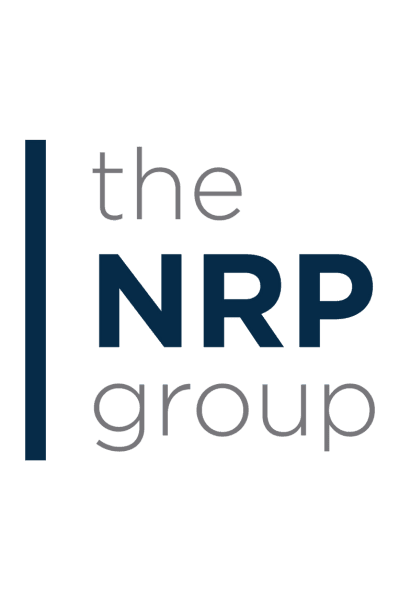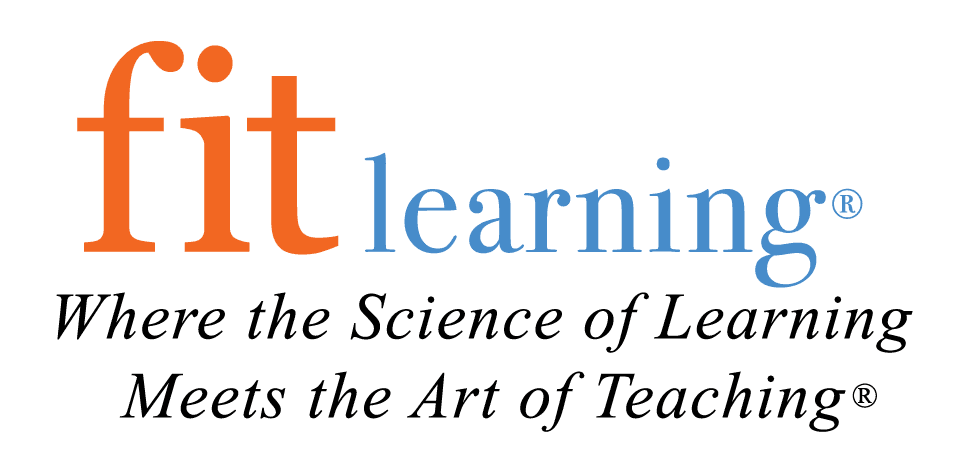Transnational Adoptee Support Group
The Transnational Adoptee Support Group Meetings offer a safe space for transnational adoptees to explore the challenges and lifelong experiences shaped by adoption across borders. Led by transnational adoptees Sandi Morgan Caesar and Svetlana Sandoval, these group discussions aim to foster a sense of community, allowing us to share our stories and support one another in our unique experiences. Transnational adoptees face distinct challenges, including cultural and language loss, legal complexities related to citizenship and identity, and the unique challenges in birth family search and reunion transnationally. To ensure this space is centered on our shared yet nuanced experiences, we ask that only transnational adoptees attend.
About Sandi
Sandi Caesar is an adoptee and, for many years, has worked in child welfare. She was born Cristina Rodriguez in Panama to a 14-year-old girl who parented her for most of her 1st year. Ultimately, she was placed for adoption by her maternal grandmother without the knowledge or consent of her birth mother. Sandi was adopted by a Black US Air Force family stationed in Panama at the time. Sandi was naturalized as a US citizen then brought to the US at 3 years old. She grew up in Dayton, Ohio. Sandi has been reunited with her birthmother and maternal family in Panama since 2004. Sandi holds a B.S. degree in Human Development from Howard University and an M.S.W. from Indiana University.
About Svetlana
Svetlana Sandoval is an International Adoptee from Russia. She was adopted to the U.S. during the peak wave of international adoptions in the late 90s. Svetlana is in reunion with her birthmother and family in Russia, and has been navigating reunion across language, cultural and legal barriers shared by many international adoptees. Svetlana has spent the last two years reclaiming her immigrant and adoptee identities and exploring her heritage with the support of adoptee community. Svetlana is currently pursuing a Bachelor of Social Work and hopes to pursue a future supporting adoptees and centering their lived experiences in research.
















